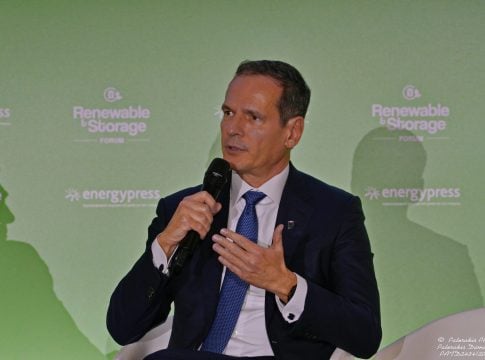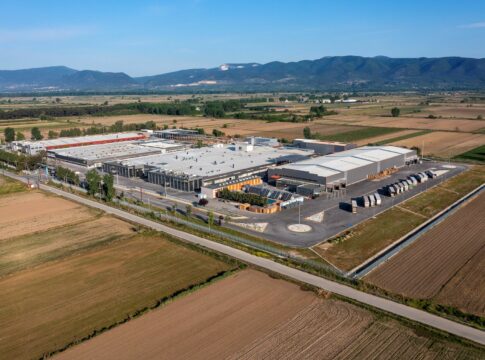The Organization for Economic Cooperation and Development (OECD) predicts a growth rate of more than 2% by 2026 for Greece. However, it also pointed out a series of challenges.
In its report on the economic prospects of OECD members, it estimated that the Greek economy will grow at a rate of 2.3% this year, 2.2% in 2025 and 2.5% in 2026.
The resources from the Recovery Fund will contribute to boosting investments, while inflation will reach 2% at the end of 2026 due to the maintenance of high prices in the service sector. Any delays in the absorption of European funds, excessive wage increases or possible new extreme weather events could dampen the prospects of the Greek economy.
Priority should be placed on the reduction of public debt as the increased costs of an ageing population and the need to support investment will put pressure on the expenditure side. Further improving the efficiency of public spending and shifting it to areas such as education, health and investment will contribute to growth, while helping to achieve primary surpluses.
In addition, limiting tax expenditures, especially on fossil fuels, and continuing efforts to combat tax evasion will increase revenues, creating fiscal space to further reduce labor costs, especially for low-wage earners, encouraging further employment growth.
According to the OECD, increasing disposable income will contribute to boosting consumption as minimum wage increases help to boost wages. However, growth is expected to gradually decline amid rising labor costs.















